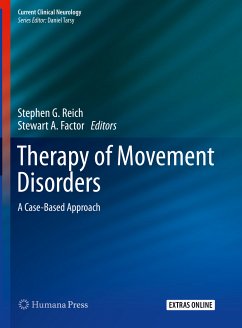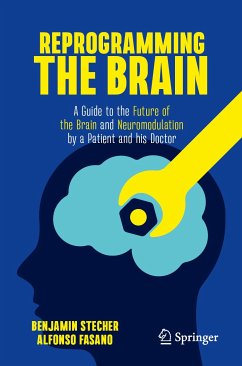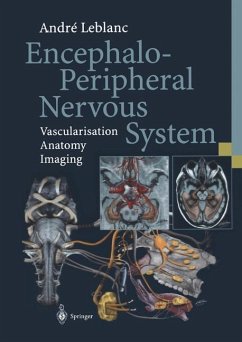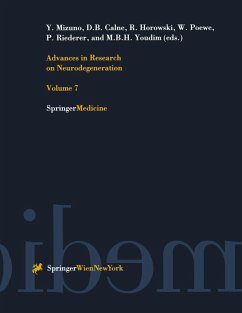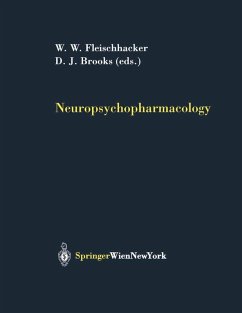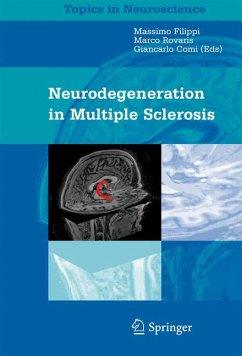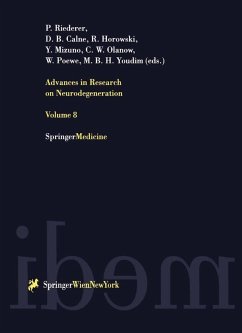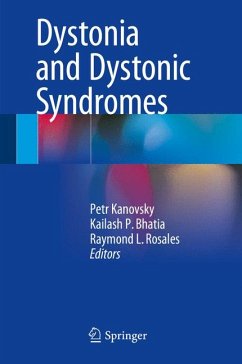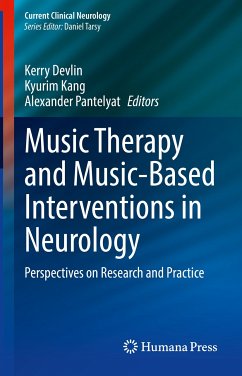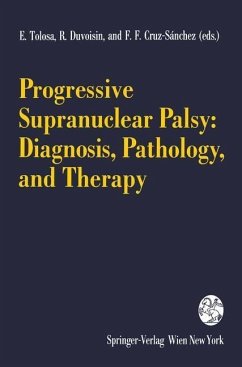
Multiple System Atrophy (eBook, PDF)
Versandkostenfrei!
Sofort per Download lieferbar
72,95 €
inkl. MwSt.
Weitere Ausgaben:

PAYBACK Punkte
36 °P sammeln!
This textbook provides a comprehensive monography on multiple system atrophy (MSA), a rare and fatal neurodegenerative disorder that presents with autonomic failure and either parkinsonism (MSA-P) or cerebellar ataxia (MSA-C).The underlying neuropathology of MSA is characterized by striatonigral degeneration (SND), olivopontocerebellar atrophy (OPCA) and unique oligodendroglial cytoplasmic alpha-synuclein inclusions. MSA is therefore classified among the alpha-synucleinopathies such as Parkinson`s disease, pure autonomic failure and dementia with Lewy bodies. Over the last decade there have be...
This textbook provides a comprehensive monography on multiple system atrophy (MSA), a rare and fatal neurodegenerative disorder that presents with autonomic failure and either parkinsonism (MSA-P) or cerebellar ataxia (MSA-C).The underlying neuropathology of MSA is characterized by striatonigral degeneration (SND), olivopontocerebellar atrophy (OPCA) and unique oligodendroglial cytoplasmic alpha-synuclein inclusions. MSA is therefore classified among the alpha-synucleinopathies such as Parkinson`s disease, pure autonomic failure and dementia with Lewy bodies. Over the last decade there have been important advances in early diagnosis, pathogenesis research and clinical trial activity. The monography will cover the entire spectrum ranging from molecular and genetic work to symptomatic and interventional therapies. The book is written for movement disorder clinicians and basic neuroscientists interested in degenerative movement disorders.
Dieser Download kann aus rechtlichen Gründen nur mit Rechnungsadresse in A, B, BG, CY, CZ, D, DK, EW, E, FIN, F, GR, HR, H, IRL, I, LT, L, LR, M, NL, PL, P, R, S, SLO, SK ausgeliefert werden.




